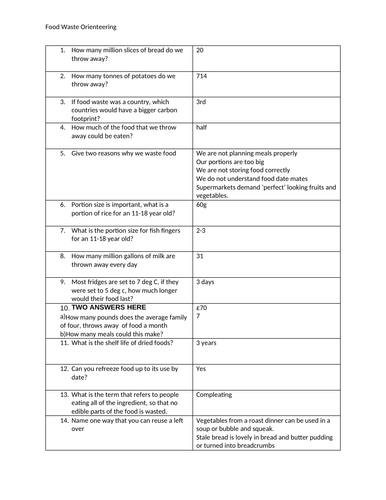Katy's Resource Bank
Katy's Resource Bank on the TES website has been designed to save you time. The resources are engaging for students. I specialise in Food and Child Development resources. I am an Assistant Headteacher, with over 14 years teaching experience. I teach Food and Nutrition, Hospitality & Catering and Child Development. I also oversee the RE curriculum. I love creating resources and sharing them with the TES community. I hope that my resources help save you some valuable planning time.




















